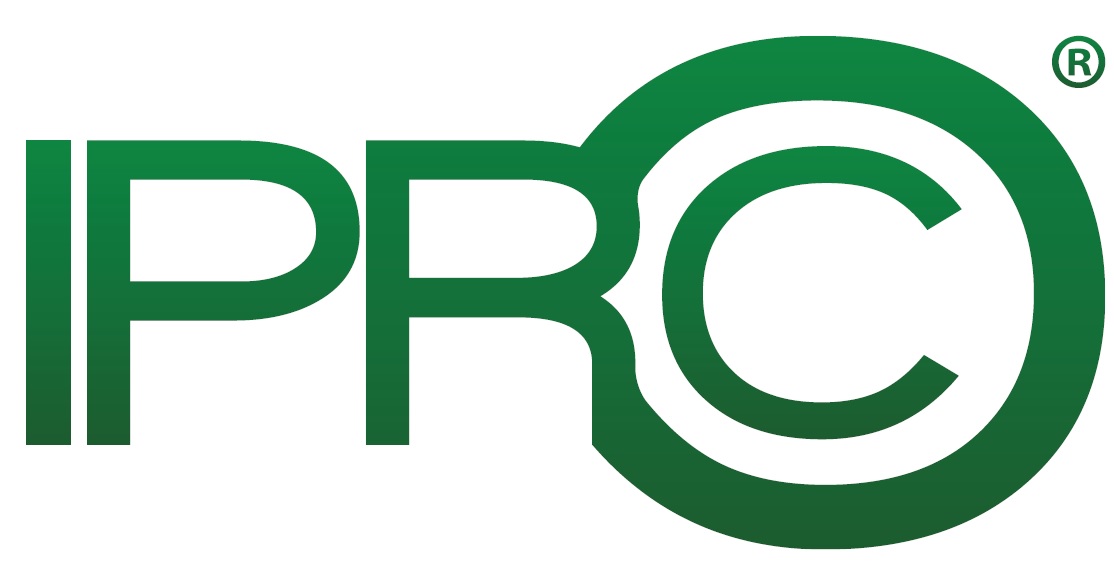TRADEMARKS AND AI
 Artificial Intelligence (AI) has become an integral part of our daily lives, permeating various industries and transforming the way we interact with technology. As AI continues to evolve and shape our world, it raises important questions and challenges related to intellectual property rights, particularly in the realm of trademarks. In this blog article, we will explore the intersection of trademarks and AI, examining the implications, opportunities, and considerations for businesses in this rapidly changing landscape.
Artificial Intelligence (AI) has become an integral part of our daily lives, permeating various industries and transforming the way we interact with technology. As AI continues to evolve and shape our world, it raises important questions and challenges related to intellectual property rights, particularly in the realm of trademarks. In this blog article, we will explore the intersection of trademarks and AI, examining the implications, opportunities, and considerations for businesses in this rapidly changing landscape.
Understanding Trademarks
Before delving into the impact of AI on trademarks, it's crucial to understand what trademarks are and their significance. Trademarks are distinctive symbols, words, logos, or any combination thereof that identify and distinguish the source of goods or services of one party from those of others. Trademarks play a vital role in brand recognition, consumer trust, and ensuring fair competition in the marketplace. More about how it can be registered was writen in 3 ways to trademark registration.
The Rise of AI and Trademarks
As AI technology advances, it becomes capable of generating original content, including logos, designs, and even slogans. This raises questions about ownership and protection of these AI-generated creations. Can an AI system create a trademark that can be registered and protected? Why not. Are AI-generated trademarks subject to the same legal considerations as those created by humans? it depends would be the most appropriate anwser by the lawyers.
AI as a Tool for Trademark Searching and Clearance
The vast amount of data and information available on the internet makes it challenging to conduct comprehensive trademark searches and clearances manually. However, AI-powered tools can significantly enhance the efficiency and accuracy of the process. AI algorithms can analyze vast databases, identify potential conflicts, and provide valuable insights to us trademark professionals. These tools can save time, reduce human error, and help businesses make informed decisions when selecting and protecting their trademarks.
Trademark Infringement and AI
AI's ability to generate content and mimic human behavior also presents challenges when it comes to trademark infringement. For example, AI algorithms can be programmed to create logos or designs that closely resemble existing trademarks, potentially leading to consumer confusion or dilution of established brands. Additionally, AI-powered chatbots or virtual assistants may unknowingly infringe on trademarks when responding to customer inquiries or providing product recommendations. Businesses must remain vigilant and develop strategies to protect their trademarks in the era of AI.
The Role of Human Creativity and AI Ownership
While AI can assist in creating logos and other trademark-related assets, the question of ownership and authorship becomes complex. In many jurisdictions, trademarks are typically registered in the name of a legal entity or an individual. Since AI lacks legal personality, it cannot be a recognized owner of trademarks. However, issues arise when AI-generated content is used for commercial purposes. It becomes essential to attribute ownership to the appropriate human entity that controls and directs the AI system.
Legal and Ethical Considerations
The legal framework surrounding trademarks and AI is still evolving, and different jurisdictions may have varying interpretations. As businesses incorporate AI into their branding strategies, they must navigate legal and ethical considerations to ensure compliance with existing trademark laws. Collaborations between legal professionals, AI experts, and policymakers are crucial to develop clear guidelines and frameworks that address these emerging challenges.
Last but not least
AI presents both opportunities and challenges in the world of trademarks. While AI-powered tools can streamline trademark searches and clearances, businesses must also grapple with issues of infringement, ownership, and the implications of AI-generated content. As technology continues to advance, it is imperative for legal systems to adapt and provide guidance on how trademarks and AI can coexist harmoniously. By understanding the evolving landscape and actively engaging in discussions, businesses can safeguard their intellectual property and harness the potential of AI to drive innovation and growth in the modern era.


